Scientists theorize that cosmic strings interacting with dense matter in the early universe provided the seeds for galaxies and black holes.


Scientists theorize that cosmic strings interacting with dense matter in the early universe provided the seeds for galaxies and black holes.
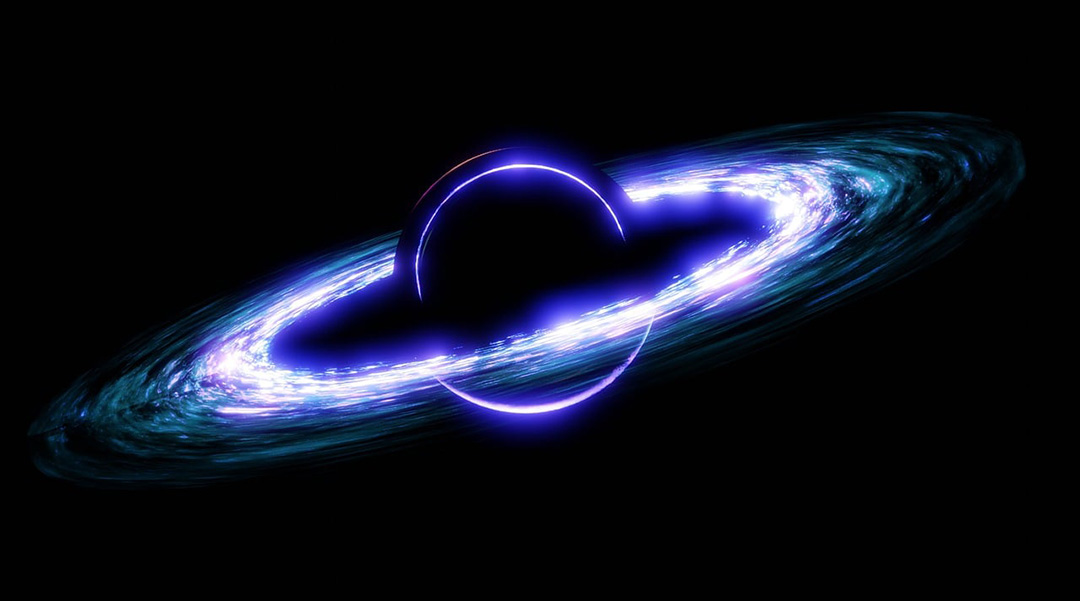
Astronomers have discovered that black holes trigger the formation of galactic winds that greatly influence star formation.
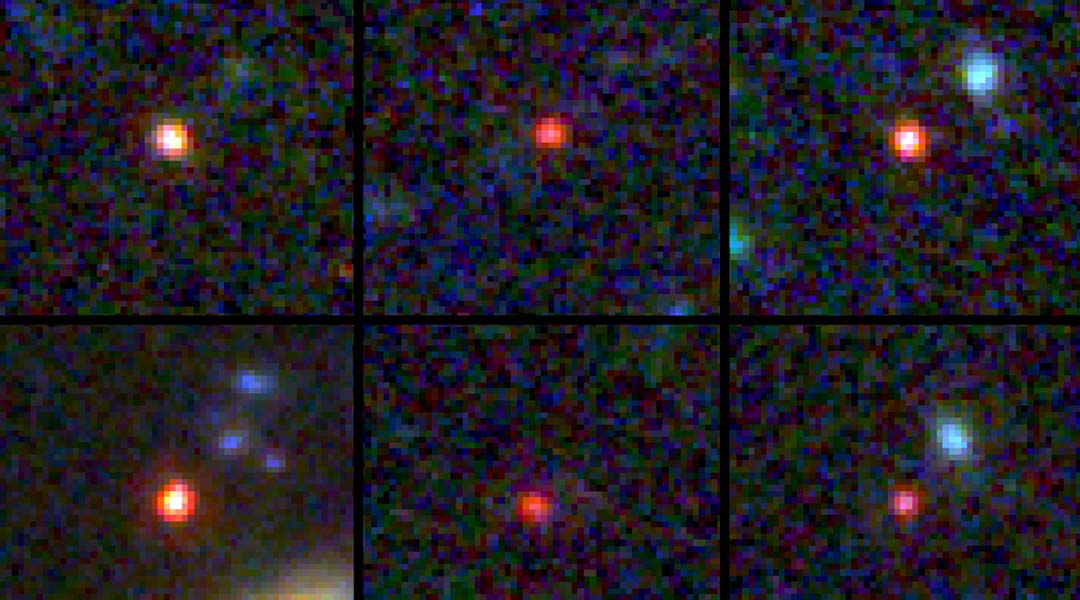
Astronomers report recent observation of six massive galaxies that according to our current understanding of the Universe should not exist at all.
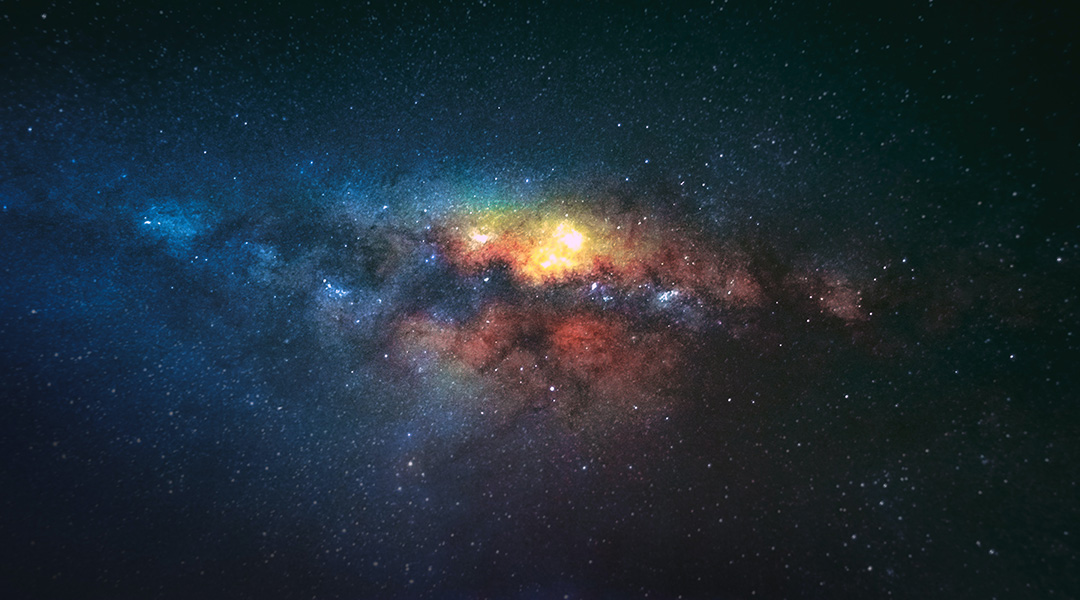
Using a new definition of galaxy size, astronomers have uncovered new, exciting findings about how they formed and evolved.
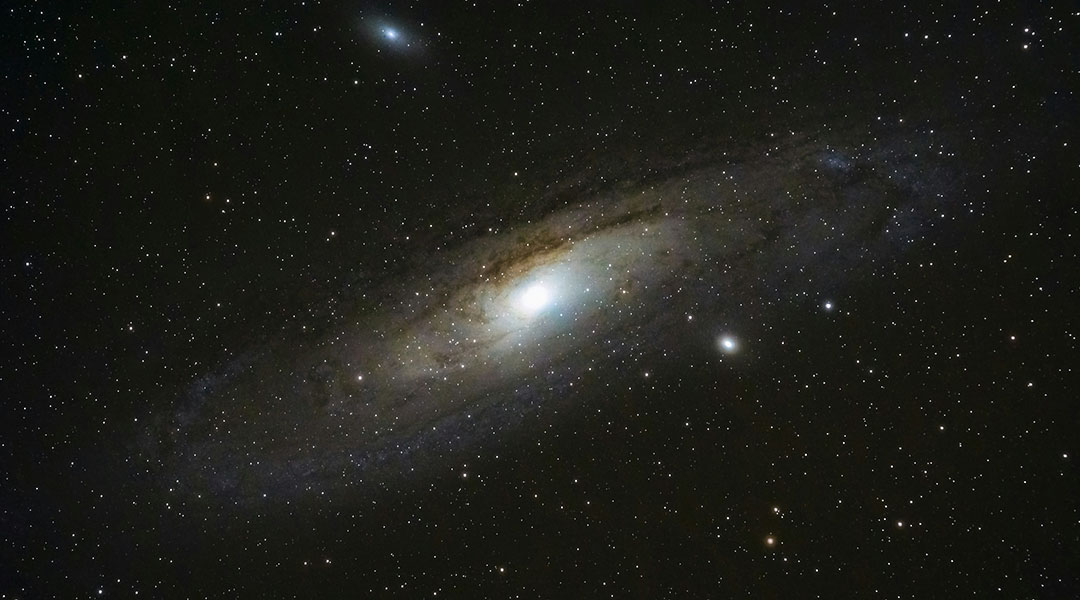
Links to observational data may have revealed the nature of magnetars and the origins of their extreme magnetic fields.
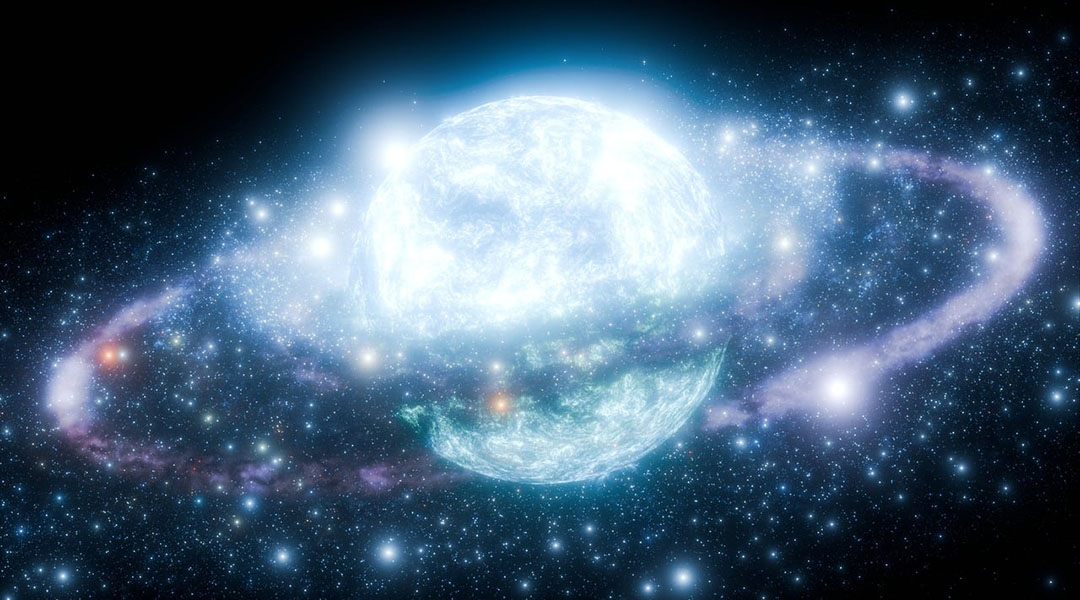
Dark matter may be gathering in dense clouds around neutron stars, potentially making it easier to observe it from Earth.
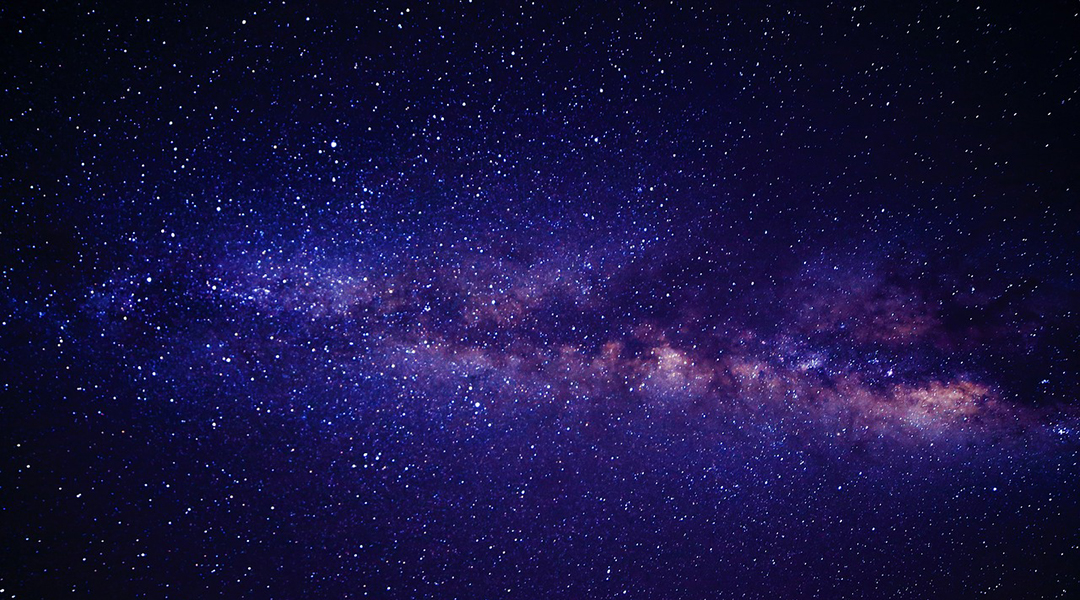
New research on dwarf galaxies challenges the idea that dark matter is collisionless, suggesting it may interact in unexpected ways
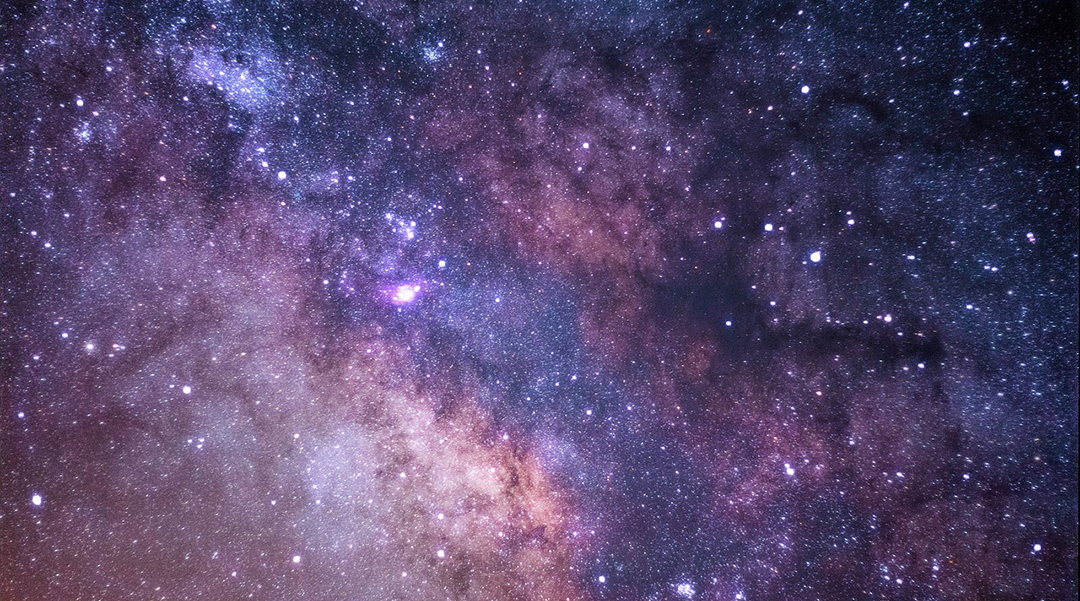
Hubble’s deep near-infrared campaign reveals more supermassive black holes in the early universe than previously expected.
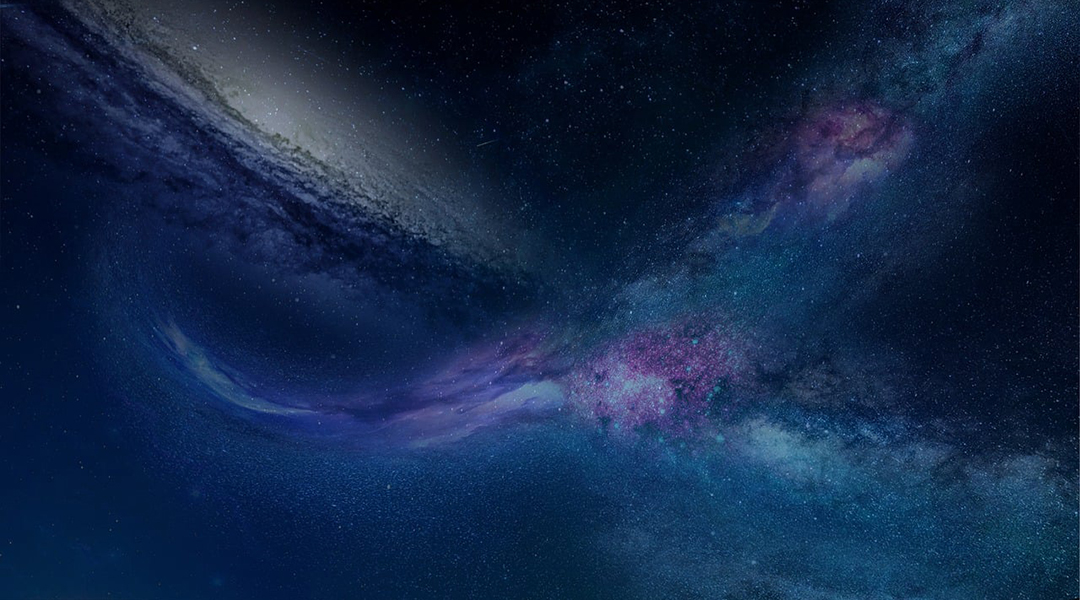
The discovery of colossal structures like the Big Ring is reshaping established theories about the physics of the Universe.
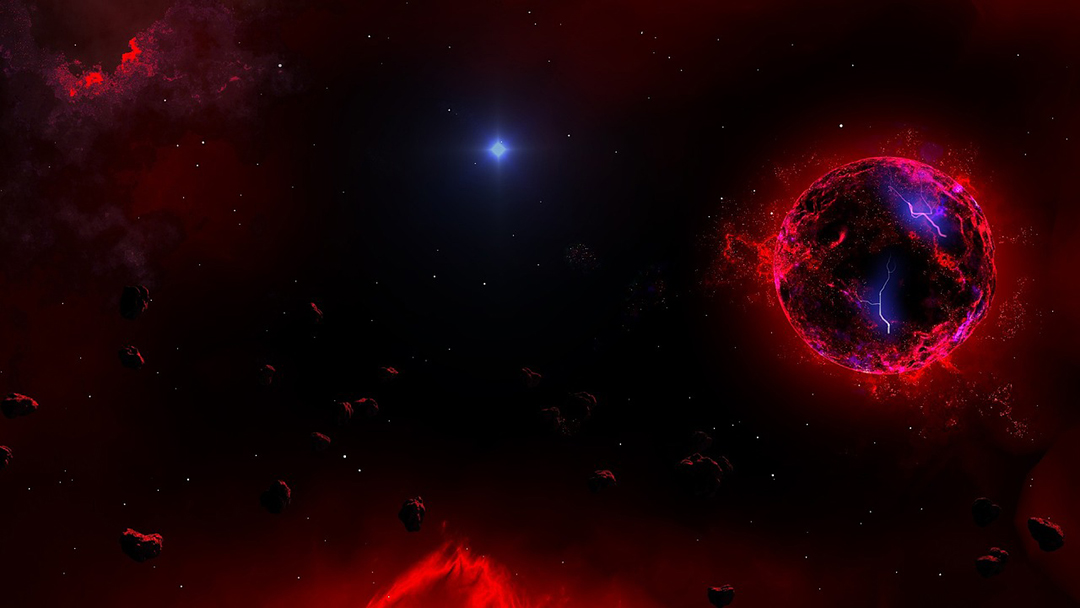
Could neutron stars hold the key to observing dark matter? Researchers believe studying them might one day reveal this elusive substance.